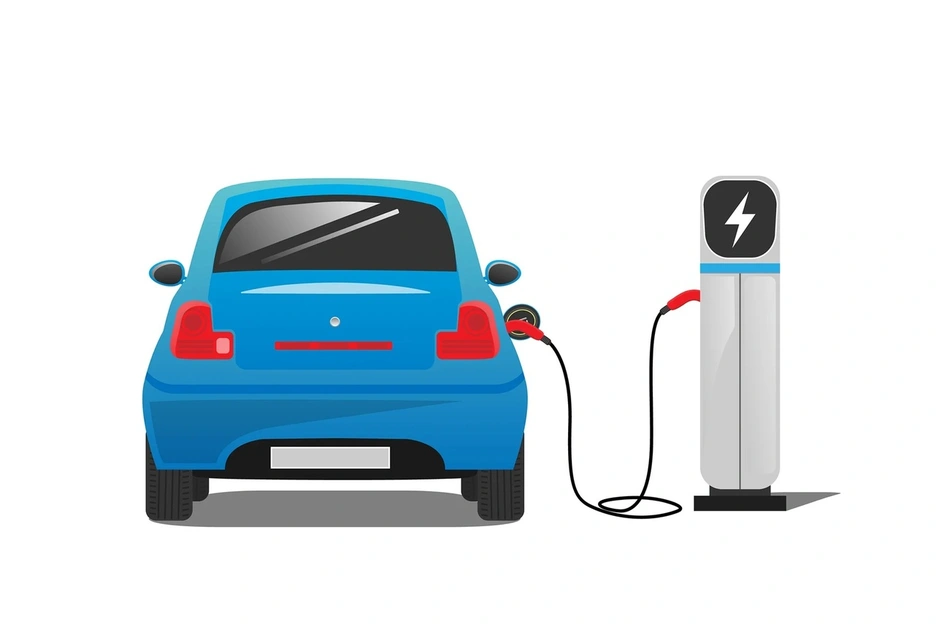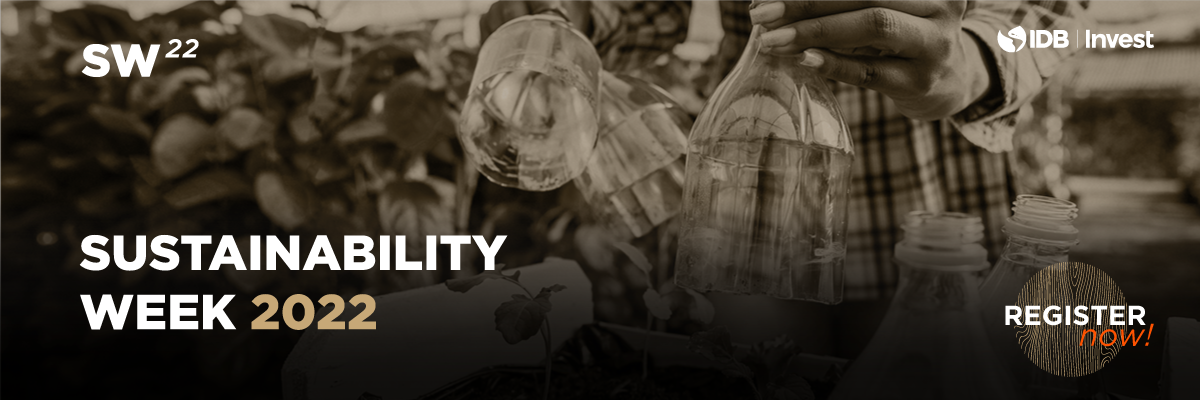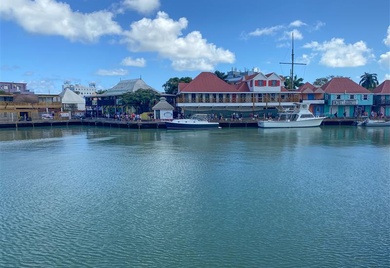Green Consciousness & Tax Incentives are Driving E-Mobility in Trinidad and Tobago

As you drive throughout Trinidad and Tobago you may have noticed a Nissan Leaf, Toyota Aqua or Hyundai Ioniq. What's so special about these, you might ask?
They are electric vehicles (EVs). They aren't new in the market, but increasingly drivers are enquiring about purchasing their first EV. Why? With growing concerns about carbon dioxide (CO2) emissions polluting the environment and the imminent need to limit temperature rise globally to 1.5 degrees C, many people are making more environmentally conscious decisions.
T&T’s government has made commitments to lower CO2 emissions by 15% by 2030 under the Paris Accord and re-affirmed those during UN COP 26 in November 2021. To make this possible, in October 2021, the country’s Minister of Finance stated that the government will remove all customs duties, motor vehicle tax and VAT on the importation of battery powered EVs as an incentive to consumers to go green.
These incentives add to EV’s traditional advantages, since these cars have a better driving experience, better tech and lower maintenance costs, with considerable savings in particular from not spending on gas. Driving an EV will be similar to how we charge our cell phones now.
Another key advantage is size. In a relatively small country like T&T, you can charge your EV at home or at another public or private charging station and that charge can likely last you for half of the week depending on the distance covered. This is a very important lesson for countries in the region and a plus for Caribbean countries, since charging issues are a deal-breaker for some drivers who are concerned about range anxiety.
Political support is fundamental. T&T’s Prime Minister recently announced that Government will move soon to ensure that all public vehicles are electric. This in turn provides a great opportunity to convert the fleet of internal combustion engines to EVs and also to modernize public transportation. In a drive to achieve net-zero under the Paris Agreement, and precipitate the energy transition, many countries have already signalled that they will be phasing out the sale of new vehicles that run on fossil fuels, as early as 2025. Thus, there is strong momentum towards adopting EVs globally.
If you're considering joining this growing group of EV owners or are just exploring your options, you likely have a number of questions and considerations.
In an effort to address these, the IDB Group in T&T has partnered with the University of the West Indies (UWI, St. Augustine) and is currently advancing in consultations with car distributors, EV owners, non-governmental organizations, and private sector stakeholders, to provide support in advancing e-mobility. In this regard, we act as a catalyst to understand the market’s needs and concerns and provide both technical and financial support to advance the e-mobility agenda.

T&T is not alone in this trend of deploying electric mobility initiatives. Over the last few years, e-mobility has been gaining momentum in Latin America and the Caribbean (LAC). It is against this growing interest that the IDB group has supported 69 electromobility activities in 20 countries in LAC in the last three years, ranging from supporting the Government of Jamaica with grant resources for encouraging early adoption of EVs and creating an enabling ecosystem, to support the Government of Barbados with financing for the purchase of electric buses.
Barbados is advancing fairly rapidly and has purchased 59 electric buses; and there are over 430 EVs already on the island. Barbados has achieved significant savings in maintenance and fuel costs of these vehicles, highlighting the value added of the capital investments. Another interesting example was the support the IDB has given to Costa Rica’s public utility, to change one hundred of the combustion vehicles of its institutional fleet to EVs and to install 28 fast EV charging stations along the main roads and population centres, adding to the more than 240 EV chargers in Costa Rica.
As Trinidad and Tobago continues to advance in their efforts to deploy electric vehicles, we would like to learn your views about these initiatives and on the future of EVs in the country.

LIKE WHAT YOU JUST READ?
Subscribe to our mailing list to stay informed on the latest IDB Invest news, blog posts, upcoming events, and to learn more about specific areas of interest.
Subscribe



